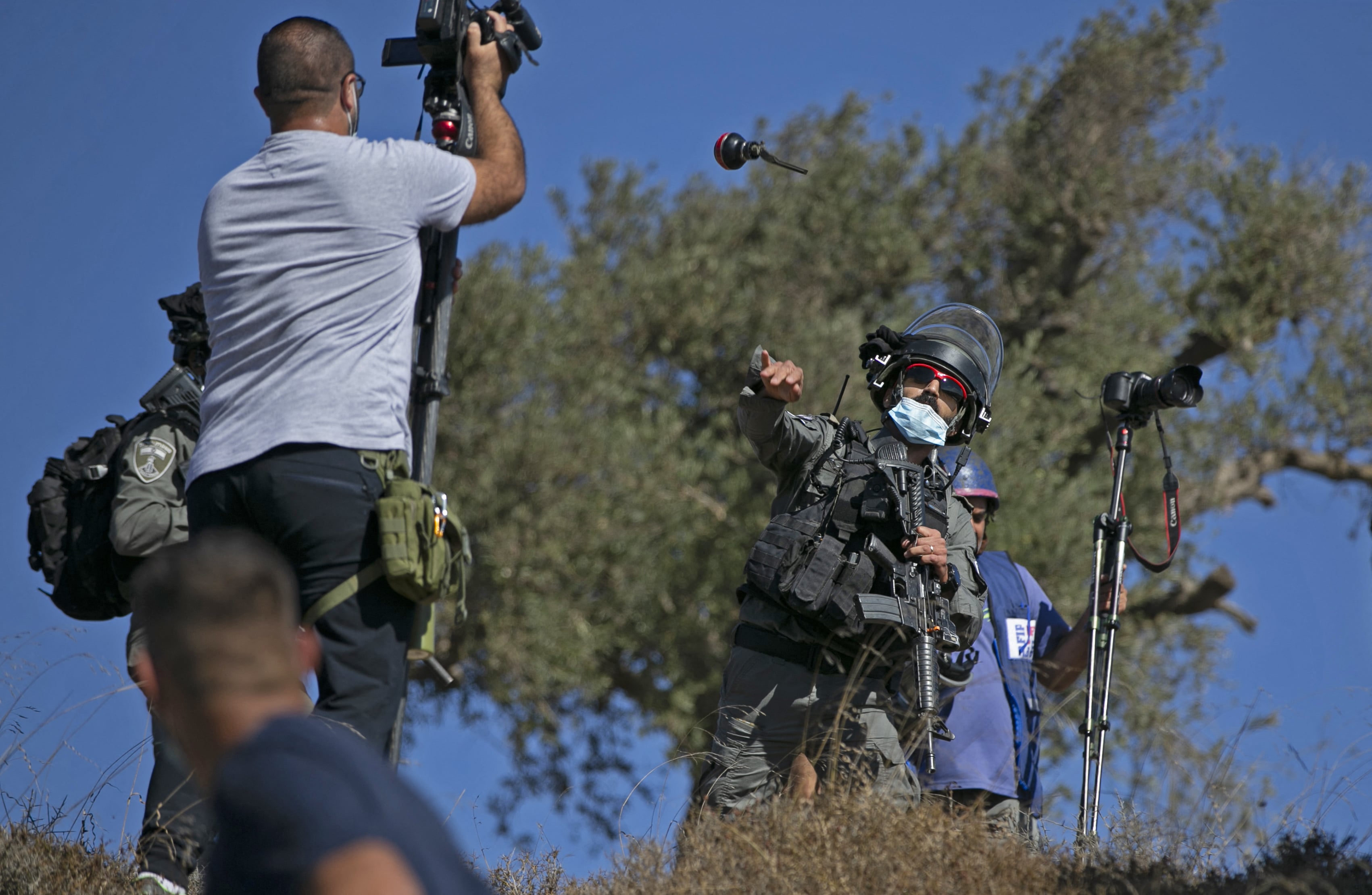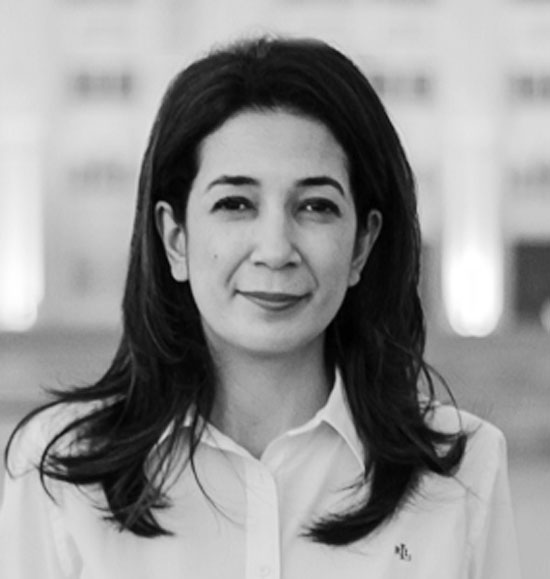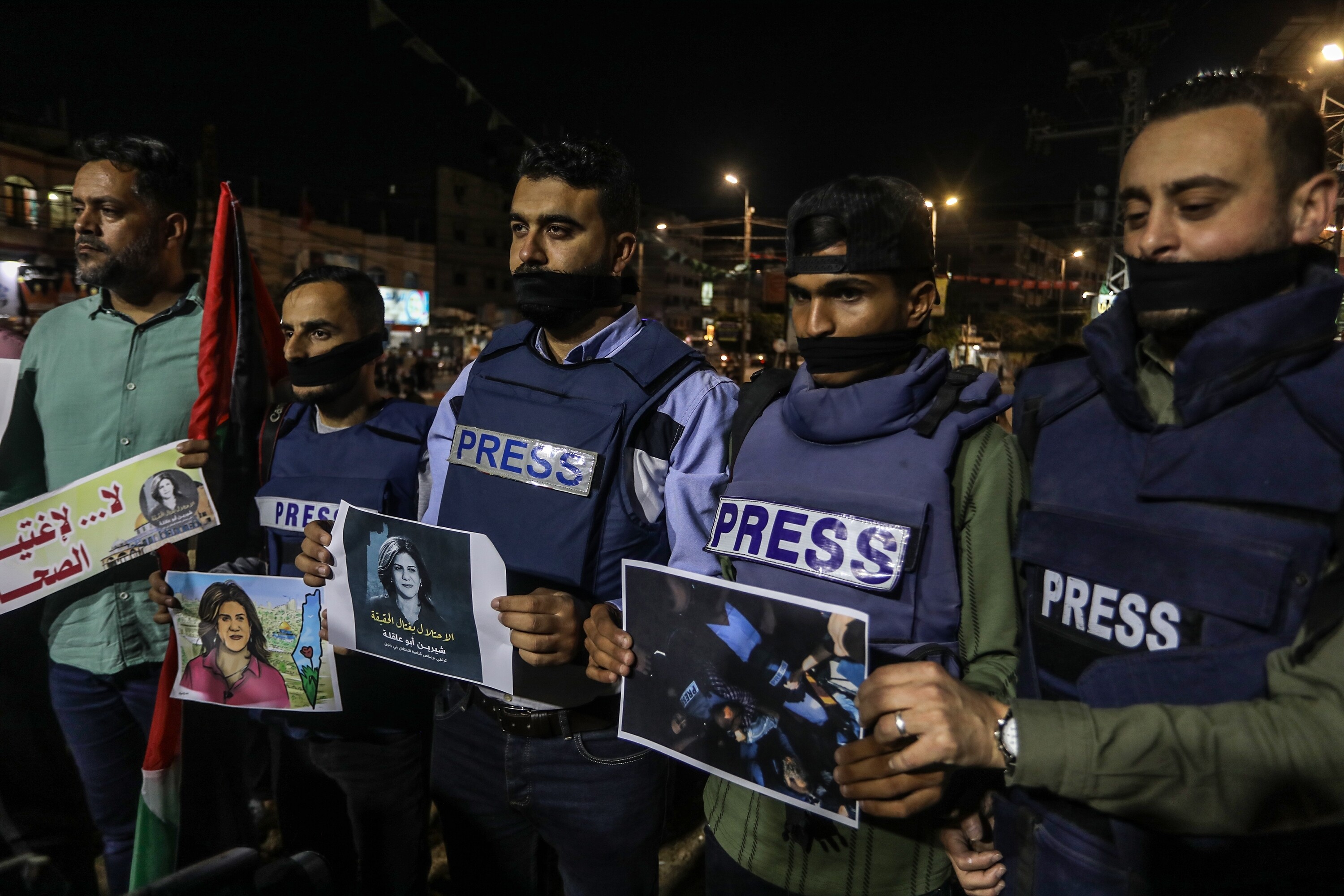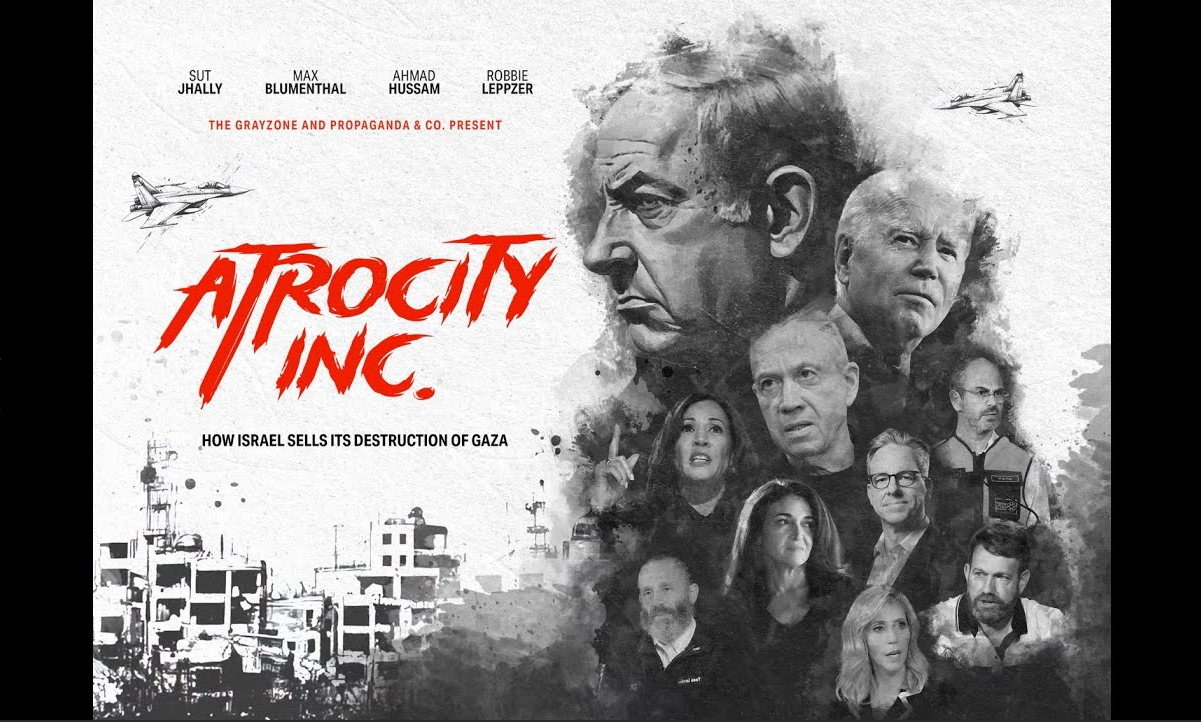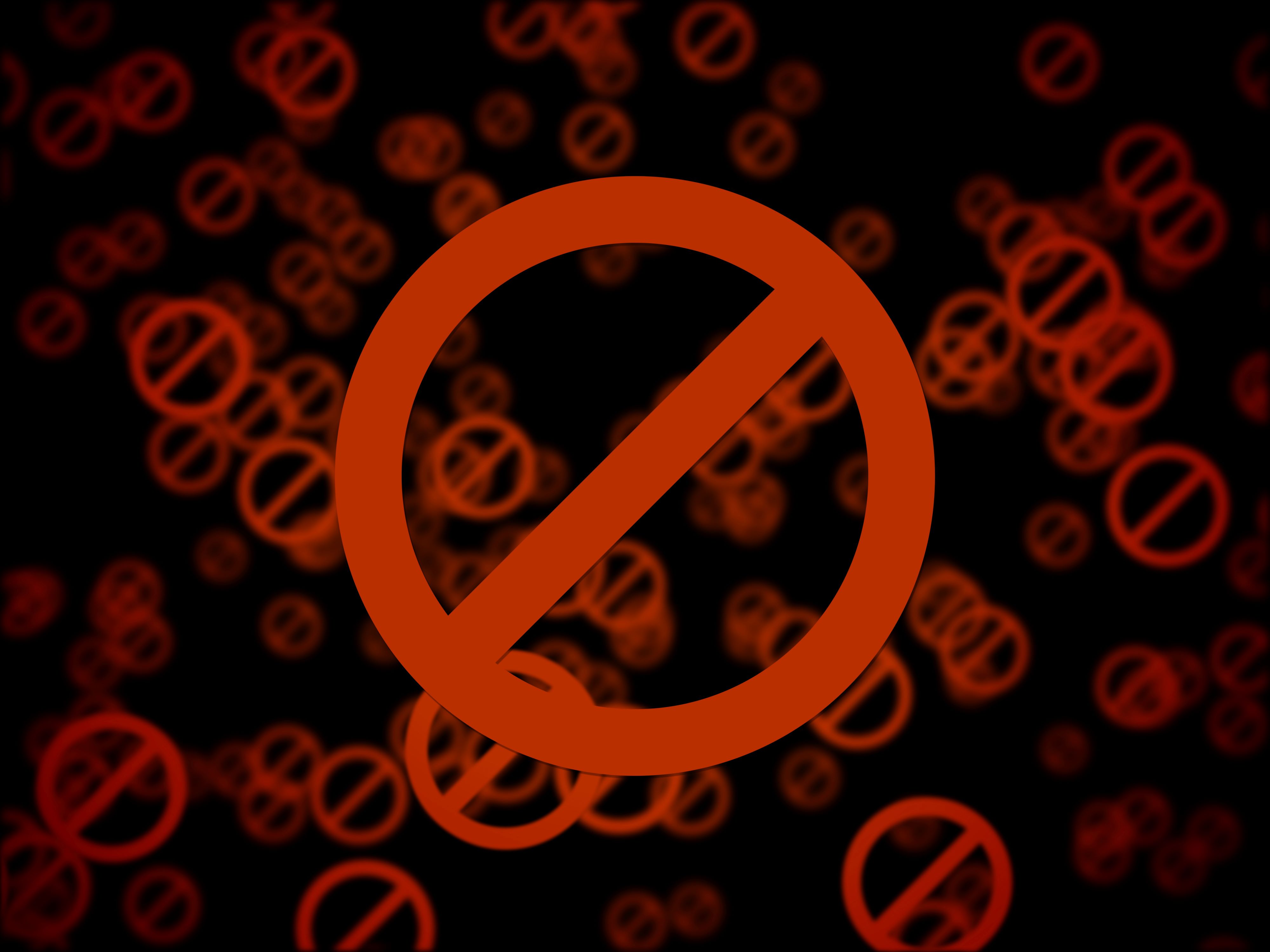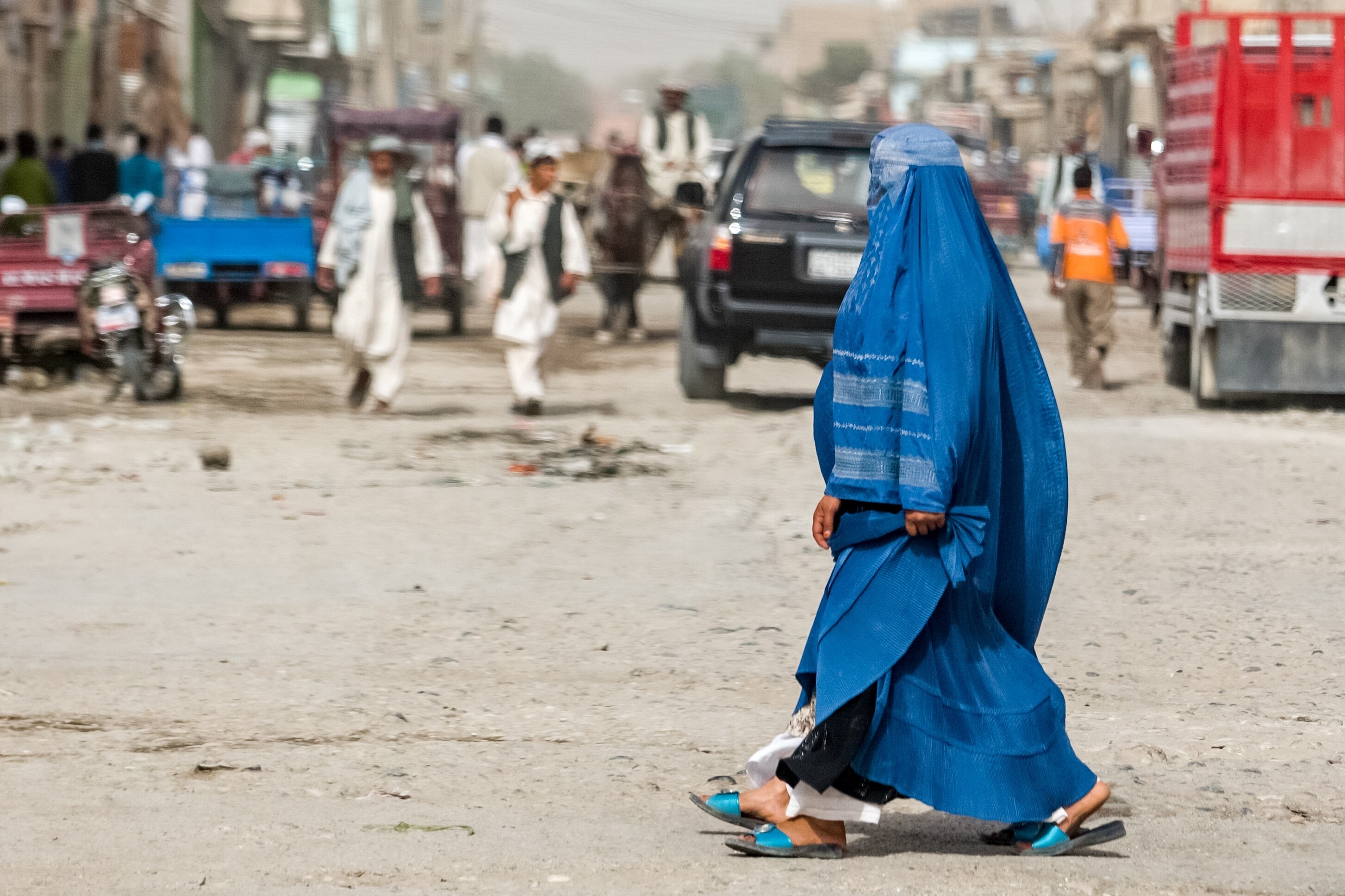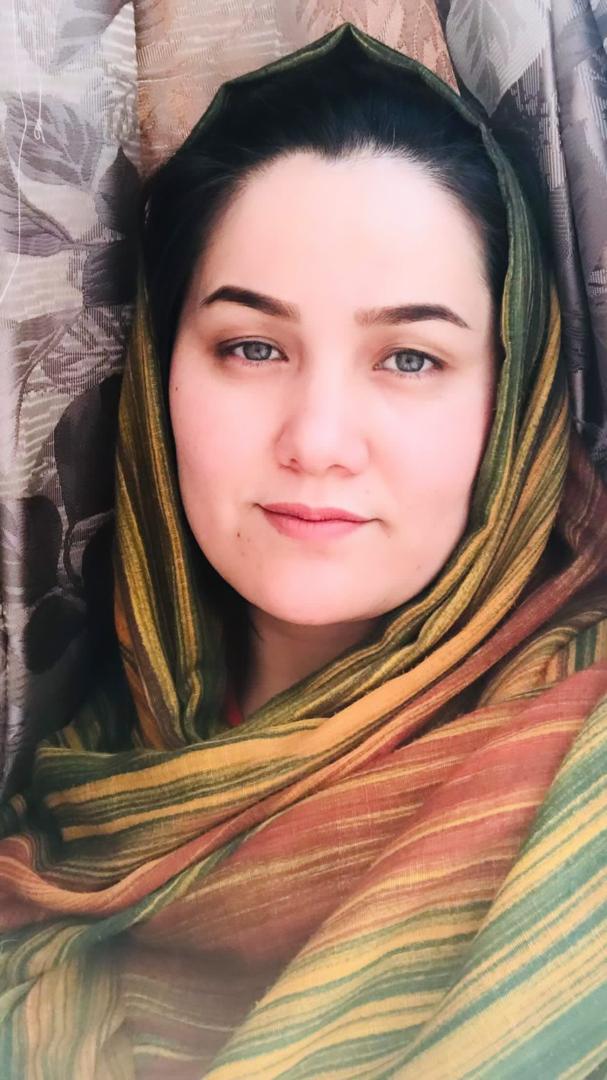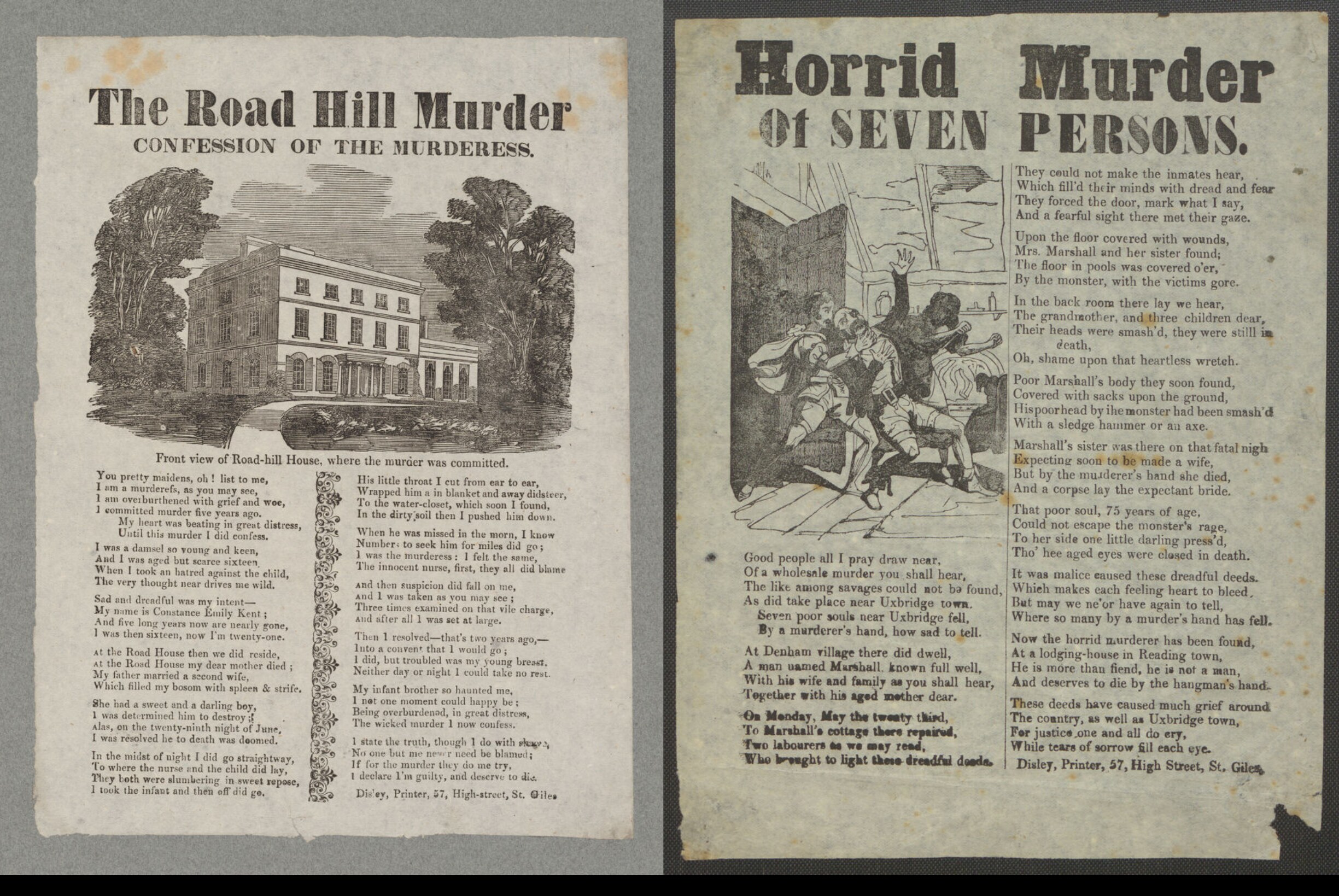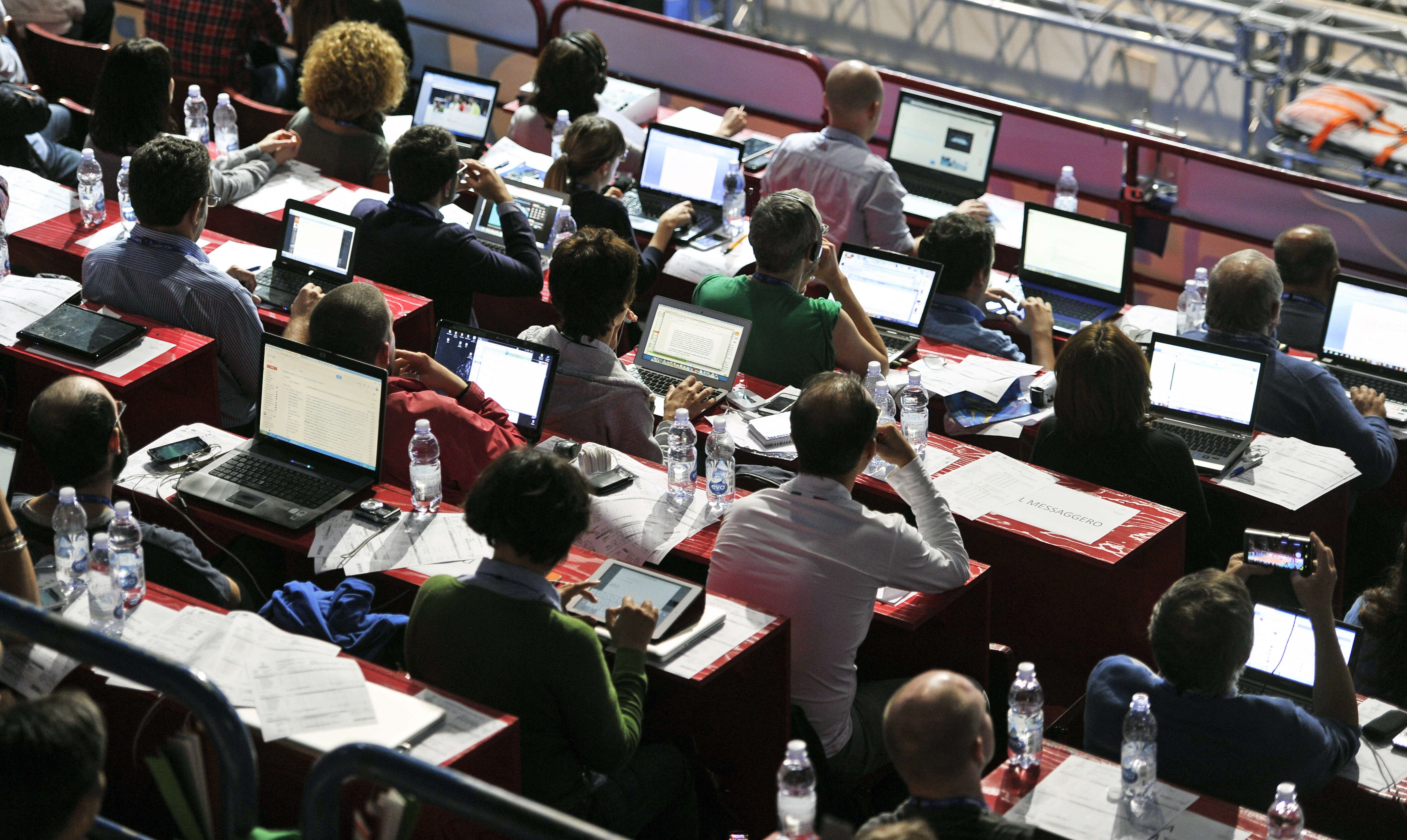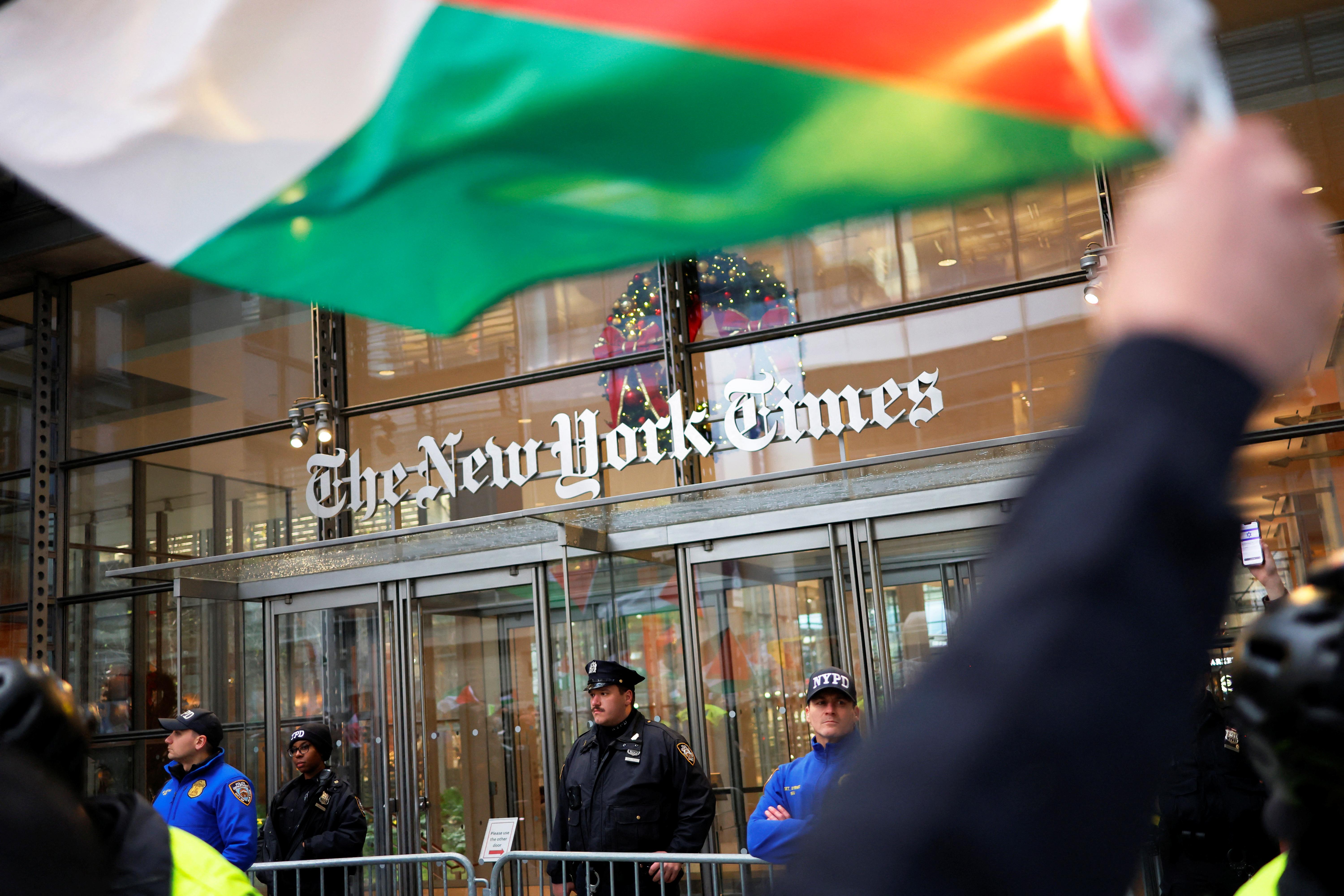A 2024 CPJ report revealed that nearly 70% of journalists killed that year were targeted by Israel, yet major Western media outlets largely ignored or downplayed the findings. The muted response to these targeted attacks and escalating press restrictions highlights a troubling double standard in the West’s commitment to press freedom.
On February 12, the Committee to Protect Journalists (CPJ) published a report titled “2024 is the deadliest year for journalists in CPJ history; almost 70% killed by Israel.” In the Western world, which often celebrates the idea of a free press as a cornerstone of democracy and demands the safeguarding of journalists from harm, one would think a report of this nature would spark outrage. Instead, the reaction from Western leaders, media outlets, and journalists themselves was quite muted.
Media Coverage on the Killing of Palestinian Journalists
Given Israel’s position as a key Western ally with “shared values,” it would seem even more appropriate to be appalled by actions that clearly defy those stated principles. Yet, when Israel sets a record for the slaughter of journalists, there is no outrage, condemnations, or wall-to-wall coverage of such a heinous atrocity. So-called newspapers of record like The New York Times, Washington Post and Associated Press did not bother to run the story of CPJ’s 2024 report at all.
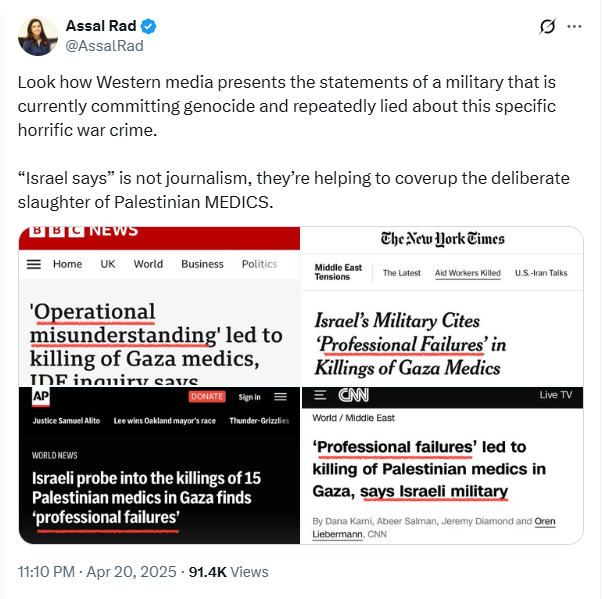
This inattentiveness to the plight of Palestinian journalists in Gaza was true from the early stages of Israel’s genocide in the enclave. In early 2024, CPJ reported an unprecedented threat to journalists amidst a massive spike in media workers killed. In only the last three months of 2023, Palestinian reporters killed by Israel amounted to 75% of journalist deaths for the whole year. When outlets such as The New York Times, Washington Post, and Associated Press did cover this unparalleled targeting of their colleagues, they repeatedly failed to name Israel as the killer in their headlines.
On December 8, 2023, the Associated Press ran a story covering the significant losses among journalists in conflict zones. Their headline stated that 94 media workers had been killed by that point in the year and acknowledged that most of them were in Gaza, but failed to mention Israel. In early January of 2024, when an Israeli attack targeted a car carrying journalists, including the son of prominent Palestinian reporter Wael Dahdouh, The New York Times published a story with the headline, “Two More Journalists Killed in Gaza, Including Son of Al Jazeera Reporter”. Again, there was no mention of Israel in the headline.
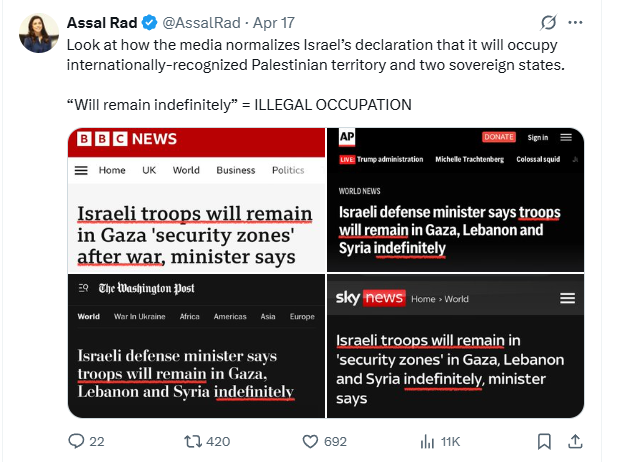
One New York Times headline from January 30, 2024 read, “The War the World Can’t See,” referring to the destruction in Gaza, the barring of international reporters, and the “extreme challenges facing local journalists,” as the subheading explained. Neither the headline nor subheading mentioned Israel, which was responsible for the destruction of Gaza as well as the barring and killing of journalists. A Washington Post headline from February 9, 2024, similarly highlighted the killing of journalists in Gaza without naming the killer, stating, “The journalists killed in Gaza – and what they tried to show the world.”
Israel’s Campaign to Hide the Truth
While Israeli officials and commentators have argued that these deaths are simply a consequence of war, Israel’s attacks on the free press are apparent in other areas as well. As CPJ notes, “Israel made a rapid ascent on the 2023 list, becoming the source for over 75% of journalist killings, and rising to the sixth-worst jailer of journalists.” By the beginning of this year, Israel had become the world’s second-leading jailer of journalists, behind only China.
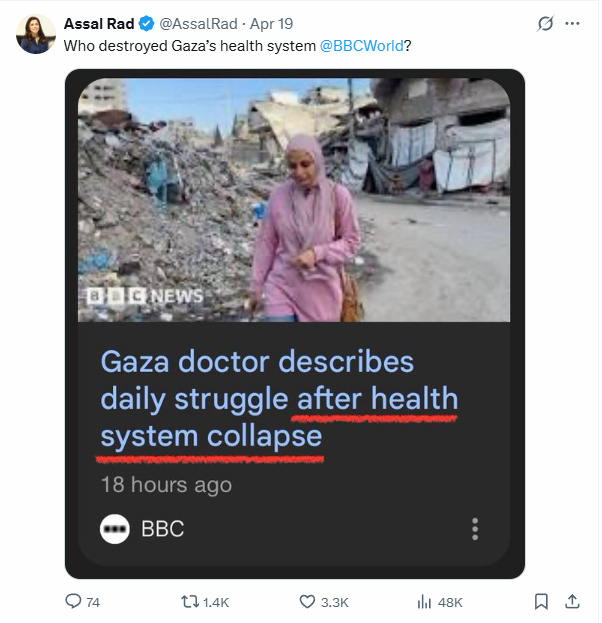
At the same time, Israeli authorities have continued to prevent foreign press from entering Gaza. The Foreign Press Association has repeatedly called on Israel to allow access to Gaza, recently stating, “These unprecedented restrictions have severely hindered independent reporting, robbing the world of a full picture of the situation in Gaza and placing an undue and dangerous burden on our Palestinian colleagues in the territory.” These restrictions have been enforced along with a greater crackdown on press freedom within Israel and the occupied Palestinian territories.
In April of 2024, the Israeli government voted to shut down Al Jazeera. The following month, Israel raided AJ’s offices in Jerusalem to close them and seize equipment. Then in September, the Israeli military raided AJ’s bureau in the occupied West Bank. While press freedom groups and Al Jazeera itself condemned the attacks as a “dangerous precedent”, their Western counterparts did not offer the same censures or sense of urgency. In November of 2024, Israeli officials turned their ire to Israel’s oldest newspaper, voting to impose sanctions on Haaretz. A decision Haaretz called an attempt to “silence a critical, independent newspaper”.
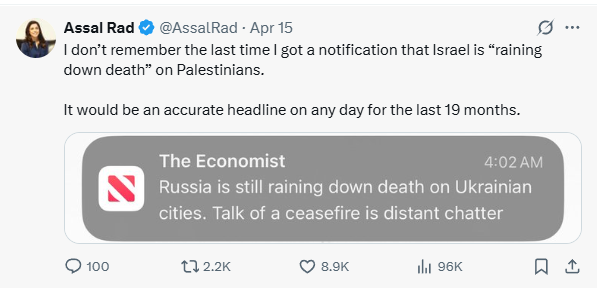
In line with Western media’s attempt to avoid attributing responsibility for the killing of journalists to Israel—or its other many war crimes—the stories of Israel’s broader attacks on freedom of the press have also been largely overlooked or received scant attention from mainstream media. However, when you examine the whole picture, there is little room for doubt that Israel is suppressing journalism in an intentional and calculated manner.
Targeted Assassinations of Journalists
Press freedom groups have even documented several cases in which Israel has deliberately targeted and killed journalists because of their work, an act of murder which constitutes a war crime. The most haunting example of Israel’s open policy to hunt and assassinate journalists is the recent killing of 23-year-old Palestinian journalist Hossam Shabat after the Israeli military had publicly accused him of terrorism and placed him on a “hit list”.
When the official account of the Israeli military posted its accusations against Shabat and five other journalists on Twitter/X in October of 2024, the Committee to Protect Journalists immediately responded, stating, “Israel has repeatedly made similar unproven claims without producing credible evidence.” The CPJ provided an example of such spurious claims with the case of slain Palestinian journalist Ismail Al Ghoul: “The IDF previously produced a similar document, which contained contradictory information, showing that Al Ghoul, born in 1997, received a Hamas military ranking in 2007 – when he would have been 10 years old.”
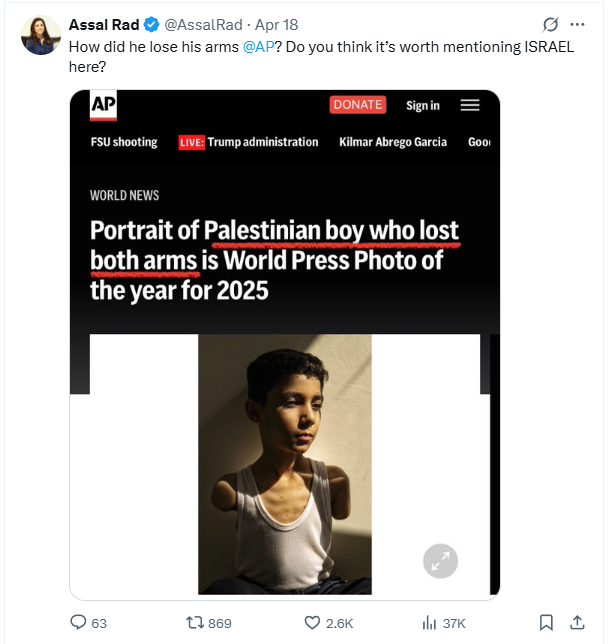
Shabat had anticipated his own death, leaving behind a final message which said, “If you’re reading this, it means I have been killed—most likely targeted—by the Israeli occupation forces. When this all began, I was only 21 years old—a college student with dreams like anyone else.” Despite this horrific story, within the larger saga of Israel’s inexcusable violence against journalists and erosion of press freedom, Hossam’s name made few headlines in mainstream media.
Although Israel may try to evade culpability for these crimes under the fog of war, its literal silencing of media workers is nothing new. The extrajudicial killing of Palestinian-American journalist Shireen Abu Akleh, on May 11, 2022, in the occupied West Bank is a chilling illustration. Palestinian journalists are being targeted by Israel precisely because they provide a view into the reality on the ground.
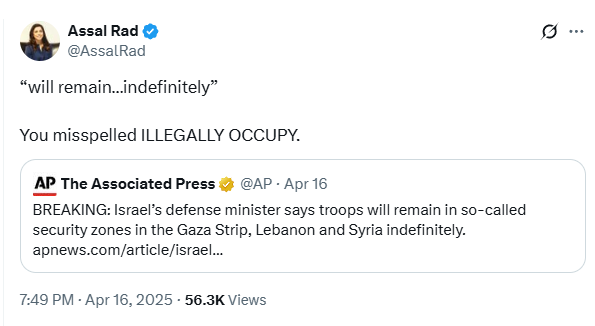
Unlike their Western counterparts, the editorial board of Israel’s Haaretz paper did not mince words with their headline, “Why is Israel Afraid to Allow Foreign Journalists in Gaza? What’s It Hiding?” Perhaps Hossam Shabat’s last written piece best captures what they are trying to conceal: “Israel’s aggression continues. Massacre after massacre, leaving only the screams of mothers in its wake and the dreams of children that have turned to ash. There is no justification for this. Everything is being crushed: the lives of innocent people, their dignity, and their hopes for a better future.”
With its repression, censorship, and killing of journalists, it is clear what Israel wants to hide: the truth. It is the job of journalists to expose the truth and uphold the ideals of a free press. In whitewashing Israeli crimes and showing little concern over the slaughter of journalists in Gaza, Western media have failed their Palestinian colleagues on both counts.


